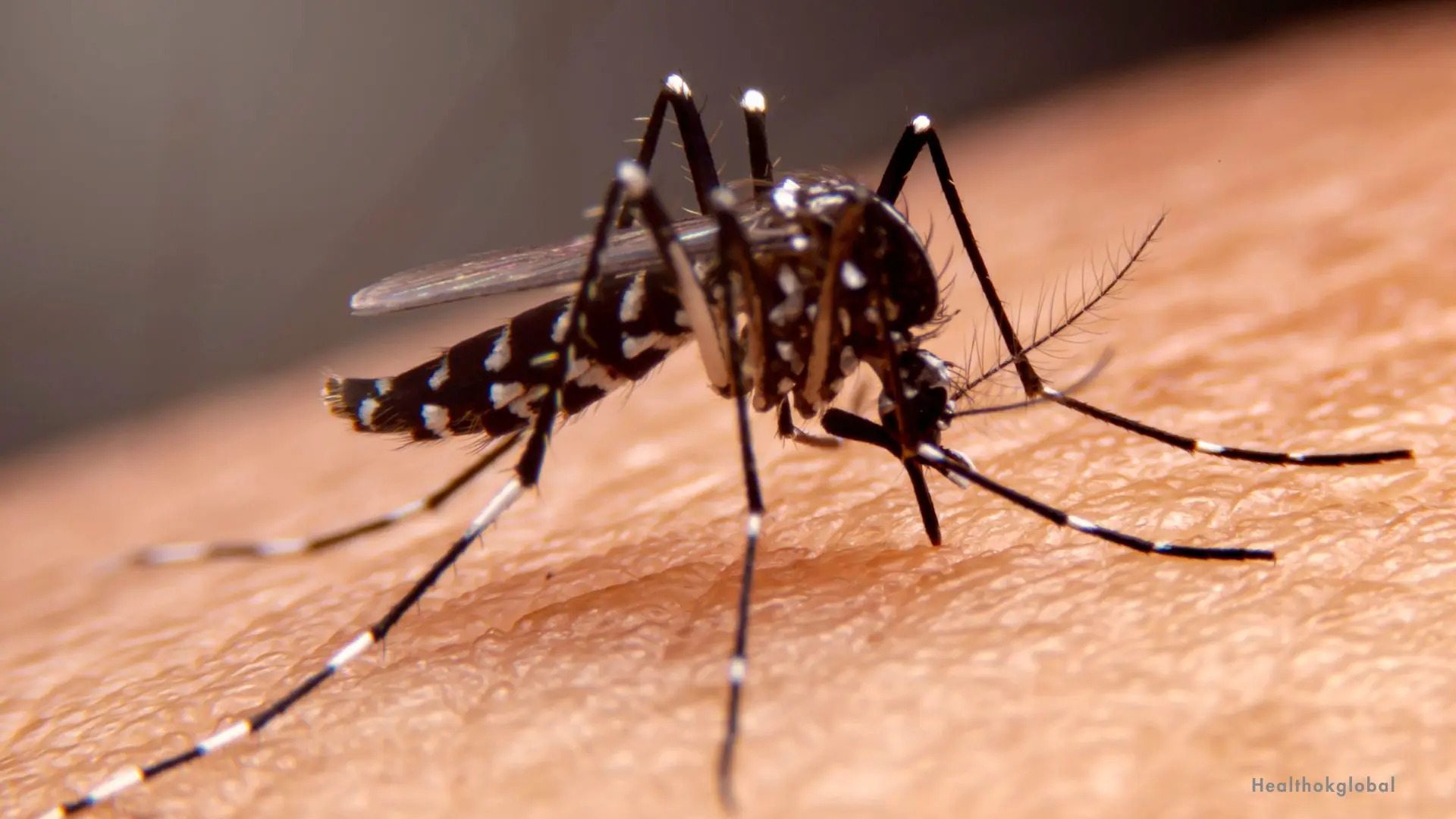Dengue fever is a mosquito-borne viral infection causing severe flu-like symptoms.

Blog
Understanding Dengue Test: Importance, Types, and Procedures
Dengue fever is a mosquito-borne viral infection causing severe flu-like symptoms. Prompt and accurate diagnosis through dengue testing is crucial for effective management and recovery. This article delves into the importance, types, and procedures of dengue tests, providing a comprehensive understanding for better health management.
Dengue fever can lead to severe complications if not diagnosed early. The importance of dengue testing lies in its ability to:
Dengue tests are essential for confirming the presence of the virus in the bloodstream. Early diagnosis helps in initiating timely treatment, reducing the risk of complications.
Monitoring the levels of dengue-specific antibodies or antigens in the blood helps healthcare providers assess the progression of the disease. This is vital for adjusting treatment plans and ensuring effective management.
Dengue fever shares symptoms with several other infections, such as malaria and typhoid. Specific dengue tests help differentiate dengue from these illnesses, ensuring accurate diagnosis and appropriate treatment.
Accurate dengue testing contributes to public health surveillance efforts. Tracking the incidence and spread of dengue helps authorities implement control measures to prevent outbreaks.
Several types of tests are available to diagnose dengue fever, each with its unique method and purpose. The primary types of dengue tests include:
Procedure: A blood sample is taken from the patient and analyzed for the presence of the NS1 antigen. The test can be performed using rapid diagnostic test kits or laboratory-based enzyme-linked immunosorbent assays (ELISA). Advantages: The NS1 antigen test is quick and can provide results within a few hours. It is highly specific and sensitive during the acute phase of dengue infection. Limitations: The test may not detect the virus in later stages of infection when the NS1 antigen levels decline.
Procedure: A blood sample is collected and subjected to PCR analysis in a laboratory. The test amplifies viral RNA, making it detectable even in low concentrations. Advantages: PCR tests are highly accurate and can confirm dengue infection within the first few days of symptom onset. They can also identify the specific dengue serotype, aiding in epidemiological studies. Limitations: PCR tests require specialized laboratory equipment and trained personnel, making them less accessible in resource-limited settings. Results may take longer compared to rapid tests.
Procedure: A blood sample is taken and analyzed using ELISA kits. The test identifies the presence of IgM antibodies, which appear early in infection, and IgG antibodies, which appear later and persist for months. Advantages: ELISA tests are widely available and can differentiate between primary and secondary dengue infections based on antibody levels. Limitations: The test may not detect the virus in the very early stages of infection before antibodies are produced. False positives can occur due to cross-reactivity with other flaviviruses.
Understanding the dengue test procedure can help alleviate patient anxiety and ensure proper sample collection and handling.
1. Fasting: Generally, fasting is not required for dengue tests. However, patients should follow specific instructions provided by their healthcare provider. 2. Hydration: Staying hydrated can make blood collection easier.
1. Blood Sample: A healthcare professional will draw a blood sample from a vein, usually in the arm. The process involves cleaning the area with an antiseptic, inserting a needle, and collecting the blood into a vial or syringe. 2. Handling: The blood sample is labeled and sent to the laboratory for analysis.
1. Laboratory Analysis: Depending on the type of test, the laboratory will analyze the sample for dengue antigens, viral RNA, or antibodies. 2. Result Interpretation: Test results are interpreted by a healthcare provider. Positive results indicate a dengue infection, while negative results may require further testing if symptoms persist.
Dengue tests are critical for the timely diagnosis and effective management of dengue fever. Understanding the different types of dengue tests, their procedures, and their importance can empower patients and healthcare providers to take appropriate actions. Early diagnosis through NS1 antigen, PCR, and ELISA tests can significantly reduce the risk of complications and improve patient outcomes. If you experience symptoms of dengue fever, consult a healthcare provider promptly and undergo the necessary tests for accurate diagnosis and treatment. Regular monitoring and consultation with healthcare providers are essential for early detection and management of dengue-related conditions. Ensuring health through proper testing and timely medical intervention can lead to better overall health and well-being.
Dengue fever can lead to severe complications if not diagnosed early. The importance of dengue testing lies in its ability to:
Several types of tests are available to diagnose dengue fever, each with its unique method and purpose. The primary types of dengue tests include:
Understanding the dengue test procedure can help alleviate patient anxiety and ensure proper sample collection and handling.
Need Personalized Health Guidance?
Get expert advice tailored to your specific health needs from our qualified healthcare professionals.





